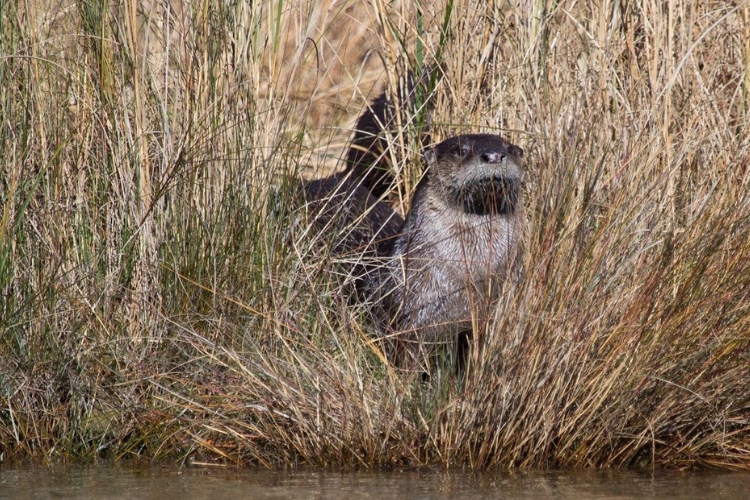Estuarine Bays
Group Programs




- Location
Walton and Bay County—State Park/ County property access
- Grade Level
Elementary, Middle, High school
- Please Note
The trip at this time is designed to be completed from shore. Future trips may allow use of boats for Gulf of Mexico and Dune Lake sampling/comparison.
Objectives
This adventure will explore the role estuaries play in the ecology of the marine environment. We will learn about the animals and physical environment that live in this transition between fresh and salt water. Aged-based activities will cover seine netting and dip netting, water quality sampling, exploration and identification, microscopic exploration of plankton, cryptic creature identification, studies of blue crabs, and other fun learning adventures.

Walton and Bay Counties front the Gulf of Mexico and these estuaries house a myriad of habitats such as salt marshes, oyster reefs/hard bottom communities, seagrass beds, and soft bottom communities.
Background
Salt Marshes are the buffer between upland watershed flow and the marine environment. Studying the adaptations of the critters in this ecosystem helps students understand the sensitive nature of Salt Marshes and how man can change them through upstream watershed development. Age-appropriate activities can be selected to range from seine and dip netting, blue crab basics, exploration/scavenger hunts, explore the world of microscopic critters, and fiddler crab behavior, and many other fun activities.
Participants will be involved in all the activities designed to be hands-on and exploratory and learn how to sample, handle, examine, identify and be taught to understand their role and adaptation to the environment. An emphasis will be made to distinguish freshwater, brackish and saltwater species, the adaptations the organisms have made to the brackish environment, and the factors that can affect their survival.
Sample Itineraries
Standard programs include our core curriculum of water quality, invertebrate ecology, marine specimen identification, seagrass ecology, oyster reef ecology, hard bottom ecology. Basic and advanced versions of the core curriculum are available; the advanced options incorporate data collection and are geared towards High School and STEM/STEAM participants. We have many options to customize the adventure by location depending on time available and age level of participants. A potential list of activities and the Florida Standard associated with the activity is provided at this link.
Group Sizes
Group Programs will be limited to no more than 40 students at a time. We would expect the school to provide the teachers who lead the class(es) to accompany the students and 1 chaperon per 9 students as well. E&FCA will set up the appropriate number of stations to rotate the students through so that there will be no more than 10 students per station and the associated staff to lead the activity.
How to Book
Choose your field adventure! Pick your date below on the calendar and register online! You can also call 850-508-7306 Monday – Friday 8:30 AM to 5 PM to have your questions answered and book your trip. Student’s costs will be covered by Grants and donations, but we will need a firm headcount for each trip. For Field Adventures for the Community (residents and visitors), donations will be required to cover the costs of staff and equipment use and to support E&FCA’s efforts during the school year. The costs will be calculated on a per person basis during booking. Your donations will help science teachers hone their skills during the summer by leading adventures and will help bring more kids into the field during the school year! We much appreciate your contributions!
